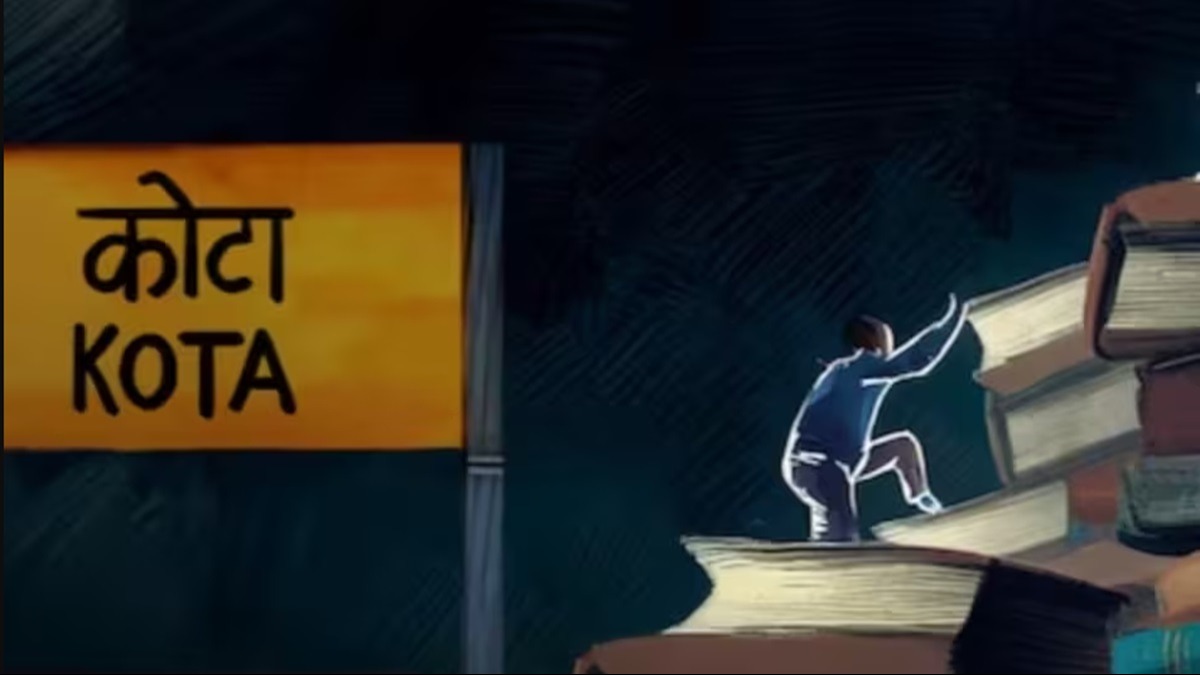KOTA Suicide:
UPSC results were recently released, with toppers' photos plastered across newspapers. Shortly after, JEE results were out, heralding the success of future engineers. Yet behind these victories lies a shadow—a picture of despair sustained by the 'Kota Factory.' Now, yet another story of a deceased child emerges from this factory.
Annual Casualties from the 'Kota Factory':
2013: 132014: 82015: 172016: 182017: 142018: 202019: 182020: 202021: 0 (Due to the pandemic-induced closure of coaching institutes)2022: 152023: 292024: To date, 8
With the ninth death reported this April 28 in 2024 alone, Sumit becomes one among many whose dreams were devoured by the 'Kota Factory' in the last 12 years.
A City That Sells Dreams
These statistics are drawn from Kota, a city that trades in children’s futures at a steep cost and on its own terms. While it promises a shot at becoming doctors or engineers, it doesn’t guarantee success. Many parents engage in a blind race to secure these dreams, inadvertently pushing their children toward a lifeless youth rather than a successful future. The alarming figures are merely indicative of a broader issue. If institutions like 'Kota Factory' turn examinations into the be-all and end-all of life, these numbers will continue to rise, and it's up to the parents to decide what they truly want for their kids—a vibrant, successful life, or a withered childhood.
Sumit Succumbed to the Pressure Before the Exam Even Began
20-year-old Sumit, hailing from Rohtak, Haryana, was preparing to return home from Kota after an entire year spent preparing to become a doctor. He was scheduled to sit for the NEET exam on May 5. Success would have meant fulfillment of his dreams and his family's expectations. Yet, the fear of failing seems to have pushed him over the edge, leading to his tragic suicide by hanging in his hostel room.
Empty Promises and a Failed Administration
Images and videos following Sumit's death raise serious questions about Kota's administration. Every time a student dies, they claim to have implemented measures to prevent suicide in hostels, with anti-hanging devices and specially designed ceiling fans. Yet, in the very room where Sumit ended his life, the fan and the noose were clearly visible—no alternative design, no safety device. This indicates that the local administration may be reactive rather than proactive in addressing these recurring tragedies.
Why Do Young Minds Turn to such Extremes?
Why do children barely into their teens, those who have not yet experienced the realities of life, resort to such drastic measures out of fear of failing an exam? There's a world beyond the medical and engineering professions. In fact, doctors and engineers constitute just 0.7% of India's population according to a 2020 World Bank report, suggesting countless other careers can offer a fulfilling life.
Death of Aspirations in Kota's Coaching Markets
Dr. Dinesh Sharma conducted an in-depth research study involving nearly 400 Kota students, revealing startling insights. Despite rigorous efforts and high hopes, only a fraction of students achieve success, and the relentless pressure may prove overwhelming.
Initiatives to Curb Student Suicides in Kota
To combat the surge in student suicides, Kota's coaching centers have been instructed not to conduct tests on Sundays, to host motivational classes, and to fit specialized ceiling fans to prevent hanging. It remains to be seen if these measures will truly make a difference.
Kota's Coaching Industry: A 3,000 Crore Annually
Kota's coaching institutes generate a staggering 3,000 crores annually. With major coaching centers attracting over 250,000 students from across Northern India, the city has become synonymous with the quest for educational success.
Kota's Strike Rate in Competitive Exams
The quest is relentless; each year Kota lures thousands with the promise of success at competitive exams like the IIT-JEE. Yet the reality is harsh—only a small percentage make the cut, leaving many to question the true value of these coaching factories.




